Mother’s Day – finding their stories
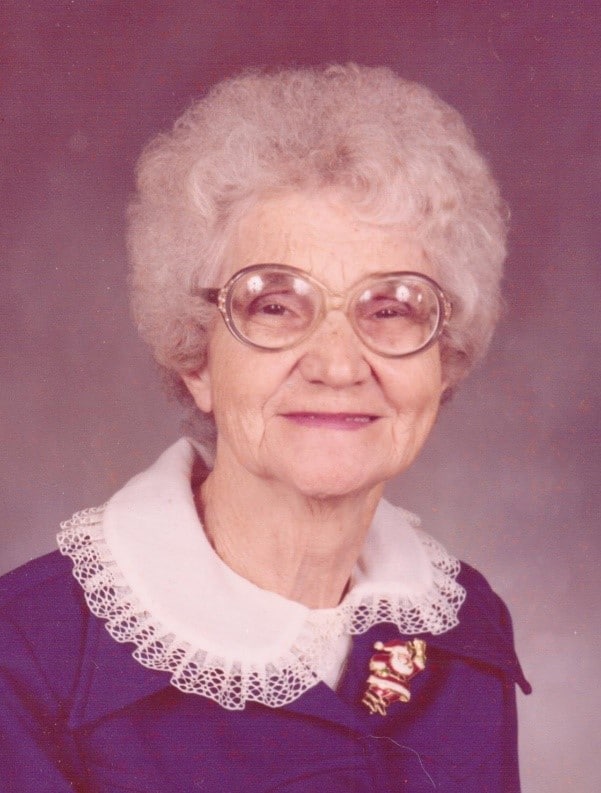 7
7May
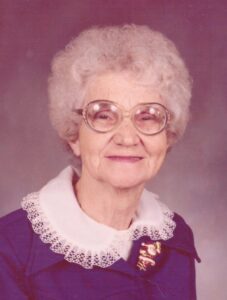 It’s almost Mother’s Day, a time when we celebrate the mothers in our lives, whether they be the mothers who raised us, grandmothers, or those who have treated us like their special sons and daughters. If we are lucky, we have known our grandmothers and great-grandmothers and have stories to tell
It’s almost Mother’s Day, a time when we celebrate the mothers in our lives, whether they be the mothers who raised us, grandmothers, or those who have treated us like their special sons and daughters. If we are lucky, we have known our grandmothers and great-grandmothers and have stories to tell 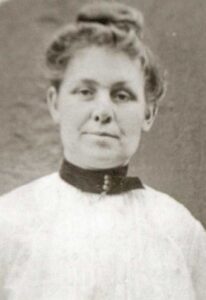 about them and stories learned from them. I love the stories my grandmother told about her mother and even her mother-in-law. Her mother was a gentle woman who carefully taught her husband to read, using the Bible as a guide, so that he could take a test and become a boss at the coal mines. The stories of her mother-in-law were more amusing, though. She was an immigrant in the late 1800s who was as tough as nails to her daughter-in-law, sometimes chasing her with a chair, but gentle as a kitten to her grandchildren. Grandma told of the time the “kids” (including my Dad) were
about them and stories learned from them. I love the stories my grandmother told about her mother and even her mother-in-law. Her mother was a gentle woman who carefully taught her husband to read, using the Bible as a guide, so that he could take a test and become a boss at the coal mines. The stories of her mother-in-law were more amusing, though. She was an immigrant in the late 1800s who was as tough as nails to her daughter-in-law, sometimes chasing her with a chair, but gentle as a kitten to her grandchildren. Grandma told of the time the “kids” (including my Dad) were 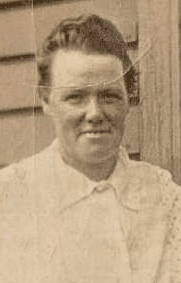 downstairs and asked their grandmother to lower one of their favorite but heavier toys by rope down to them. She did, but it broke loose, hitting the boys in the head. She was so mad at that toy that she came screaming down the stairs and gave it a thorough tongue lashing “sailor swearing” style. We love the endearing stories of our mothers, grandmothers and beyond.
downstairs and asked their grandmother to lower one of their favorite but heavier toys by rope down to them. She did, but it broke loose, hitting the boys in the head. She was so mad at that toy that she came screaming down the stairs and gave it a thorough tongue lashing “sailor swearing” style. We love the endearing stories of our mothers, grandmothers and beyond.
But what if you don’t have stories of even your own mothers? Or what about the great + grandmothers for whom we know nothing because we don’t even know their maiden names? How do we learn about them? This blog will address some ways to learn about them.
General Search
In addition to a search for other pedigrees online, try a general search for your mother and grandmothers in FamilySearch.org Records or in Ancestry.com because you may be surprised by an obscure record which will appear. For example, you may not know that Ancestry.com has indexed many school yearbooks. Yearbook entries for both of my parents were found there. A google search for both your ancestors’ names or the place where they lived is often fruitful as little-known entries may appear.
Census
Search for your mother and grandmothers on the census, both as adults and as children. Much can be learned about them just by knowing where they lived and the type of occupation their father or husband had. Now there is even the 1950 census which may be checked. The censuses are available and indexed through FamilySearch.org and Ancestry.com. American Indian census rolls and Indian schedules are also available through FamilySearch.org and Ancestry.com.
Census information for England and Canada is included in the FamilySearch Wiki. If you have an interest in another country, check the FamilySearch Wiki for that country and a sub-category of census.
Newspapers
It may surprise you to know that many newspapers date fairly early in the history of a county. Of course, obituaries should be sought, but also look for your mother and grandmothers by maiden name. There may be a marriage announcement or some school achievement. For example, there was a photo and a paragraph quoted by my mother included in the Chicago Tribune in 1950 when several employees were being interviewed at the beginning of Spring.
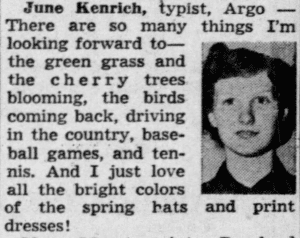
This was found just by doing a general search of my mother's name at Newspapers.com. Another excellent pay website is Genealogybank.com. Both of these are free to use at your local Family History Center. Chronicling America is a good website for learning if a newspaper existed for your county and it is a free website. I have also often just called the county library in the area where my ancestor died and asked for an obituary search. The cost is either free or minimal.
Maiden Names
But what if you don’t know a maiden name of a great-grandmother? The following are a few ideas for finding that elusive name.
- Seek a marriage record for the great+ grandparents in the county and adjacent counties where they settled or where their first children were born.
- Seek the birth and death records for all of her children. Birth records may not be very accessible depending on the state, but if the child lived into the 1900s, there is a chance of finding a death record which may name both parents.
- Seek obituaries for her and for all of her children. One of them may provide her full name.
- Be sure to look at every census for which that grandmother may be found since it is possible at some point, a relative may be living with the family and that relative could be hers.
- If that great + grandmother would have been on a census prior to her marriage (1850 and beyond) do a search for just her first name in the county and adjacent counties where she and her husband lived. Narrow the search by adding a birth year (plus or minus 5 years). If her name is unusual, there may be very few options. Then, continue the search on the possible families to see if one of them could be hers (wills, land records, obituaries of parents and siblings).
- While looking at the census, look at neighbors and research them to learn if perhaps they had a daughter or a sister with her name.
- Sometimes one of the children will include her maiden name as his middle name. That happened with grandpa who was named Ora Metcalf Kenrich; his mother turned out to be Cora Metcalf.
So, for Mother’s Day this year, learn more stories about your mother, grandmothers and even great-grandmothers and then surprise your family with what you have learned.
If you need help seeking those elusive great + grandmothers, let Price Genealogy help.
Diane
